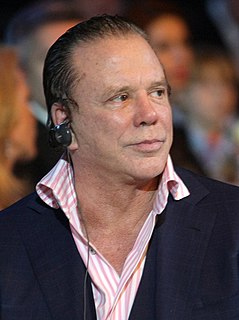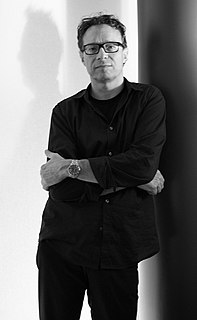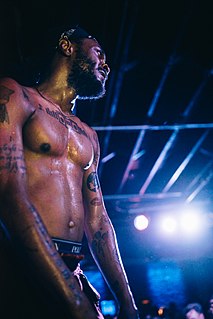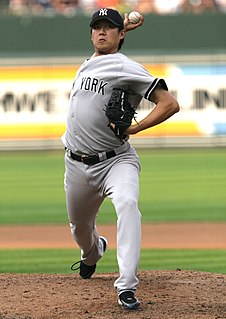A Quote by Annie Leibovitz
I was scared when I went to Conde Nast. I had heard horror stories about how they used you up and then spit you out and went on. But there was this great history of photography that had been done there.
Related Quotes
I well recall my horror when I heard for the first time, of a journalist who had laid in a pair of what were then called bicycle pants and taken to golf; it was as if I had encountered a studhorse with his hair done up in frizzes, and pink bowknots peeking out of them. It seemed, in some vague way, ignominious, and even a bit indelicate.
For a moment, I wondered how different my life would have been had they been my parents, but I shook the thought away. I knew my father had done the best he could, and I had no regrets about the way I'd turned out. Regrets about the journey, maybe, but not the destination. Because however it had happened, I'd somehow ended up eating shrimp in a dingy downtown shack with a girl that I already knew I'd never forget.
When I heard that 'Roots' was being remade, my first response was, 'Seriously?' I was a bit skeptical. Then I had an audition in early 2015. I didn't know how to feel about it. I was a little scared of the responsibility of telling the story again with the weight of the first one behind me - I was scared of comparisons.
When you're talking horror or sci-fi, you're working in a genre that has loosely certain thematic elements, or, you could even call them rules. But rules are there to be broken. I think that young filmmakers should go all the way back to the history of horror, from silent films like "Nosferatu", and through to today's horror films, so they understand the history of horror films and what has been done. Understand that, and then add something new or original.
I started [flying] by being scared. When I was an amateur I played a couple tournaments and I had to fly, and got into weather and stuff, and it scared me, and I decided that would not work, I had to learn to fly, I had to find out about airplanes and aeronautical engineering and what it was all about.


































